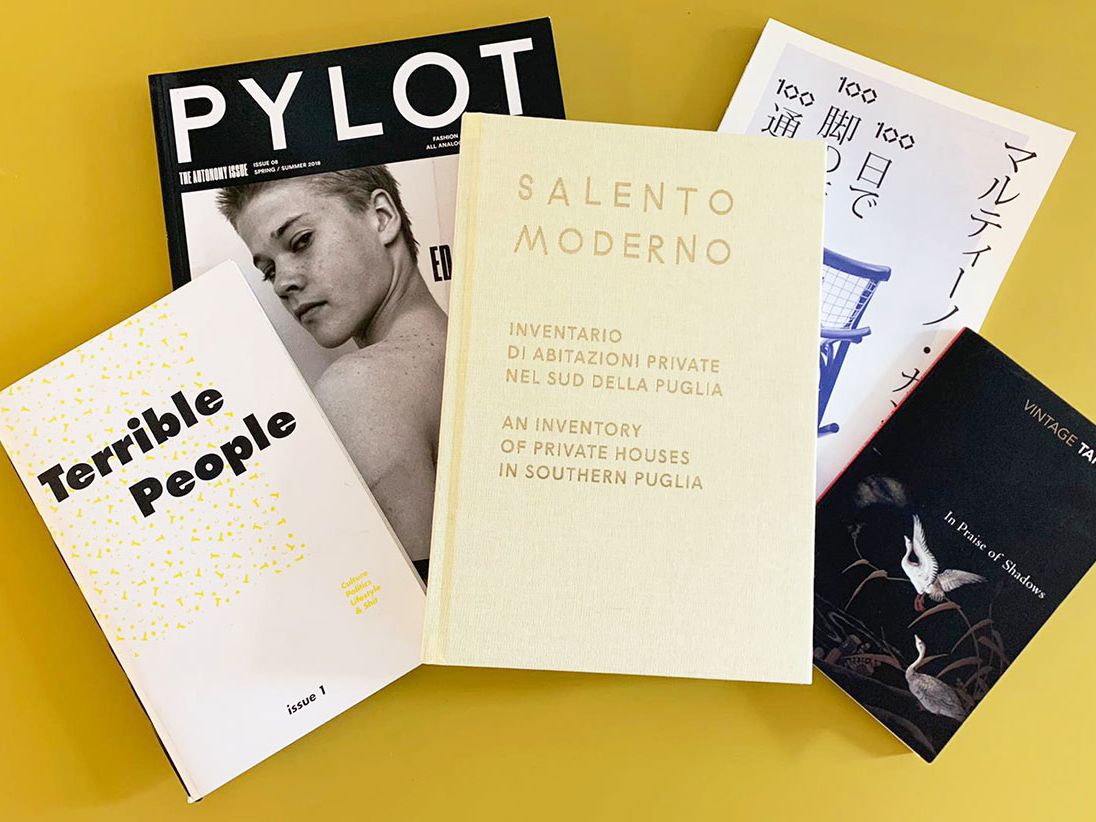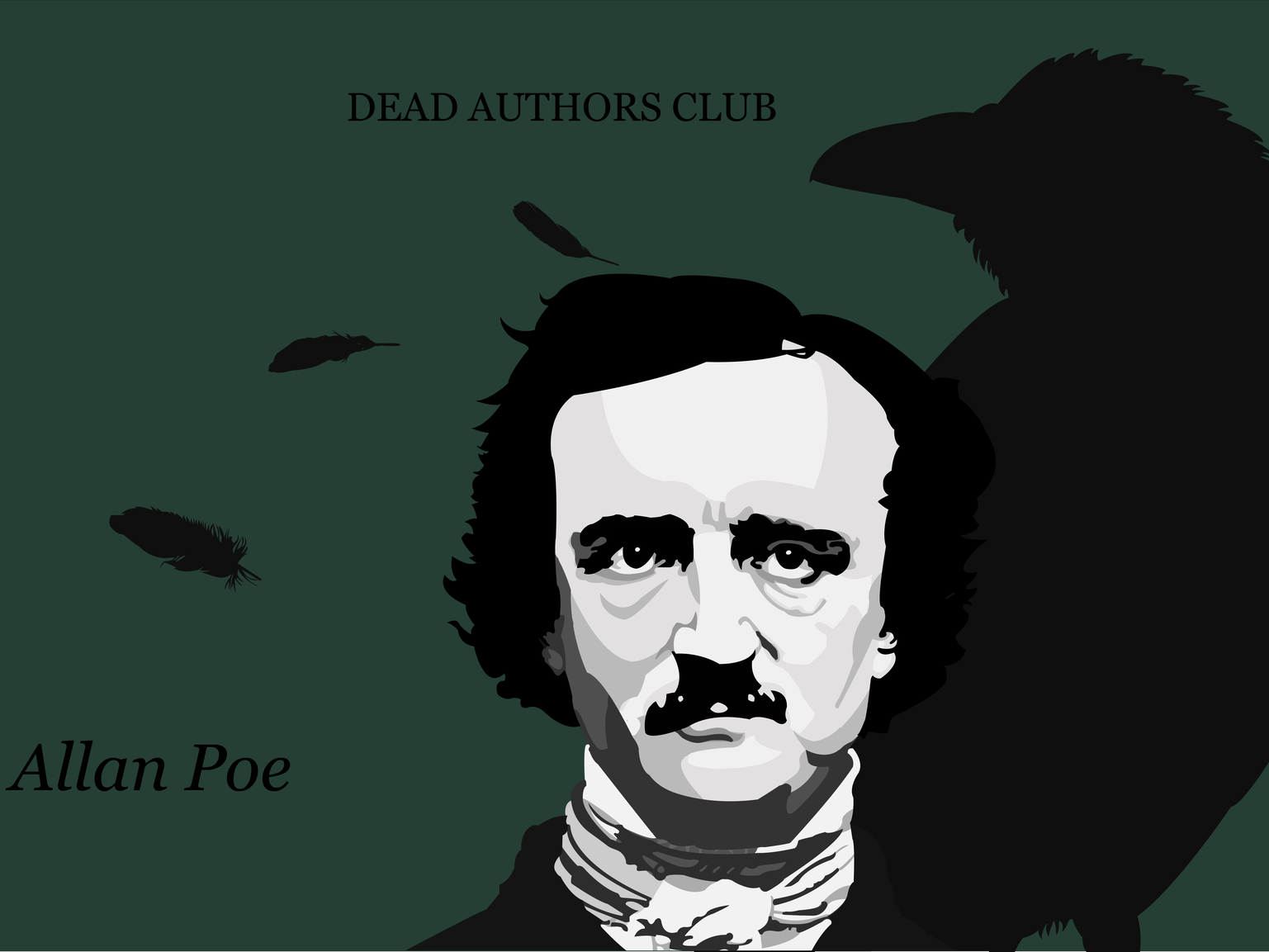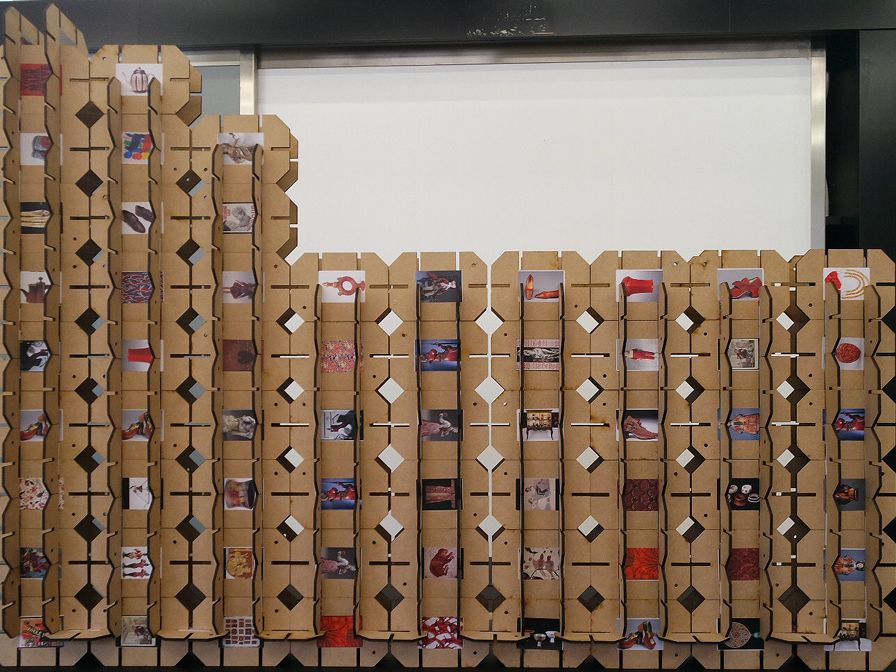Ana Bender first developed the prototype for her Creative Content Kit while studying at London College of Communication in 2018.
Inspired by Michael Bhaskar’s ‘System of Publishing’ theory, the Creative Content Kit is comprised of a deck featuring 65 cards. Each card is designed to support content professionals to ideate, test and solve challenges by encouraging them to consider elements of four key stages:
- Model
- Content types
- Platforms
- Audience.
After creating an initial version of the Kit during her time on LCC’s MA Publishing course, Ana has since developed her idea further through a series of immersive workshops and external partnerships. Launched by Bis Publishers in early 2020, the latest edition of the Kit will broaden its international reach in September when it becomes available in the United States.
Now a consultant and founder of her own company, Fink Content, we caught up with Ana to talk about the inspiration behind her Creative Content Kit, as well as the impact that studying at LCC has made on her entrepreneurial journey.

“Paper and printers while experiencing a new field”
Why did you decide to join the MA Publishing course at LCC?
Since I was an undergraduate student in Brazil, I wanted to study at UAL as the University is known for its facilities and hands-on creative courses. I had the opportunity of doing short courses, but when I moved to London in 2016, I decided to consider its Master's programmes. I was seeking new experiences in my life and career after 13 years of working in fashion, education and strategic design.
I chose to apply for MA Publishing because I found a nice balance between creativity and digital/printed projects. I loved the environment at LCC, as well as its facilities and workshops. I wanted to put my hands onto paper and printers while experiencing a new field, and I believe I found the perfect environment.
How did your course inspire you to develop the Creative Content Kit, and how did your vision grow throughout your time at the College?
I wanted to develop an in-depth understanding of the processes that publishers use to manage content. Instead of looking at parts of publishing - books, magazines or other platforms - my background in strategic design helped me to look at the big picture, creating a concept and making sure to execute the idea without losing its originality.
My course leader, Frania Hall, advised me to choose the Action Research unit, which was the perfect way to go. I explored the theory of publishing, created an artefact and ran a workshop to test it. This process allowed me to learn and improve my artefact - the Creative Content Kit - once the MA was over.
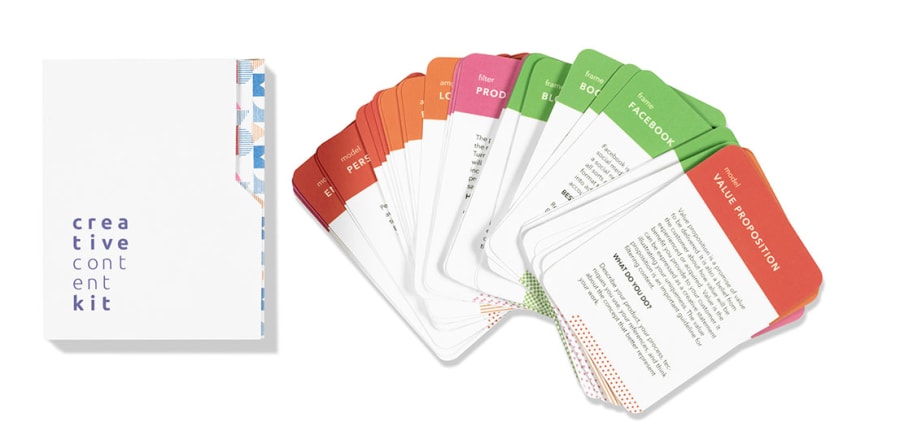
“Value the power of creativity to invest in the world”
My tutor, Judith Watts, played an important role as well, helping me to connect the dots with my audience. Publishers have been trading and managing content for a long time – we’re talking about managing information, ideas, concepts and trading its symbolic value to generate economic capital. My interest in creative businesses touches exactly that point: the symbolic value of what they trade is highly recognised and valuable.
I was able to interview individuals who were independent creative businesses, and this helped me to understand their needs. I chose to make method cards because these are a common object for creatives, and I learned that my audience doesn’t like rigid and closed structures or formulas. They need guidance, but in a way that enables them to continue being creatives while working independently.
I had a lot of fun when making the prototype at LCC’s Printing Workshop. I used Risograph because it’s a simple and sustainable printing process, and it brought the freedom I was aiming for in terms of aesthetics - I didn’t want the cards to look like a rigid or serious object. I spent a good amount of time inside LCC bothering everyone to help me cut the cards, finding the right tape to put things together, and both cutting and folding boxes by hand.
The Creative Content Kit is a tool that offers a liberating structure for creatives to recognise the values they want to communicate. I believe that applying the lenses of strategic design to publishing can change the practice of managing content. We need to realise that we’re all responsible for what’s going on in this world. Open design tools like the Kit can help people to value the power of creativity and to invest in the world ‘with the fruits of their own vision’, as David Gauntlett says. His book, Making is Connecting, was actually part of the course reading list.
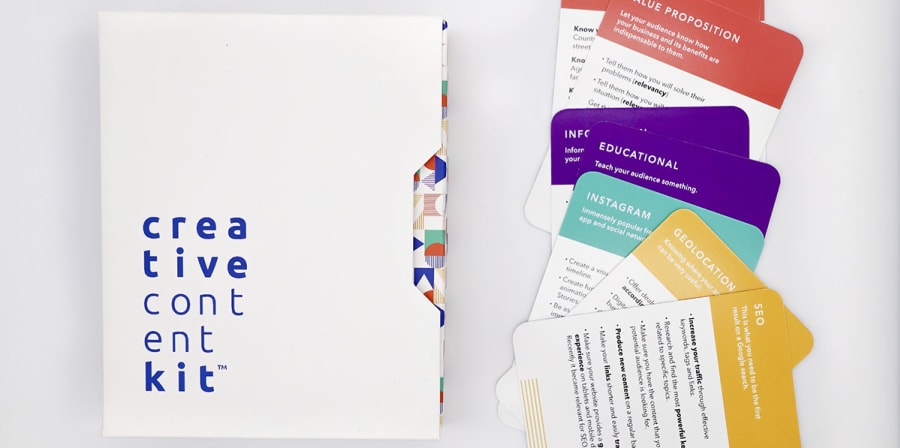
“Own your life process and pursue your purpose, no matter what.”
What has your career journey been like following your time at LCC?
Once the MA finished, I started to look for work opportunities where I could have a part-time job relating to content strategy and creative projects alongside further developing the Creative Content Kit idea.
I understood that I needed to test the Kit again - this time, looking at the Lean Canvas as a method to help me iterate the product and refine my target audience and positioning. I ran another series of interviews, edited the content and decided to self-fund the production of 250 kits.
I then created two formats of immersive workshops, and partnered with creative businesses and design-related communities for the launch. Activating my network in Brazil, I sold out of the Kit and began to experiment with broader audiences like content agencies, content creators and digital marketing consultants. Once I was confident and could prove traction in the product market, I contacted Bis Publishers from Amsterdam – an independent publishing house that I'd been introduced to a year earlier during a trip organised by the MA Publishing course at LCC.
I had a coffee with the Marketing Manager and Managing Director near King’s Cross Station two days after they received my email. They were in London for a meeting with Laurence King Publishing and had a two-hour break to meet me. I had a cappuccino, opened the cards to them and shared the experiences of the workshops. I left the meeting with a contract.
Personally, being a mature student looking for a new beginning was challenging. It’s tough to resist external pressures. Although I tend to have creative and kind friends, we know most people don’t like change and what’s different from them. I have a more spiritual way of looking at ageing, and that kept me going - I feel very comfortable with my process and happier than ever before. It’s liberating to own your life process and pursue your purpose, no matter what.
The structure of the MA worked for me as my framework for change. I've dedicated myself to the process with joy - after all, it’s something I chose.
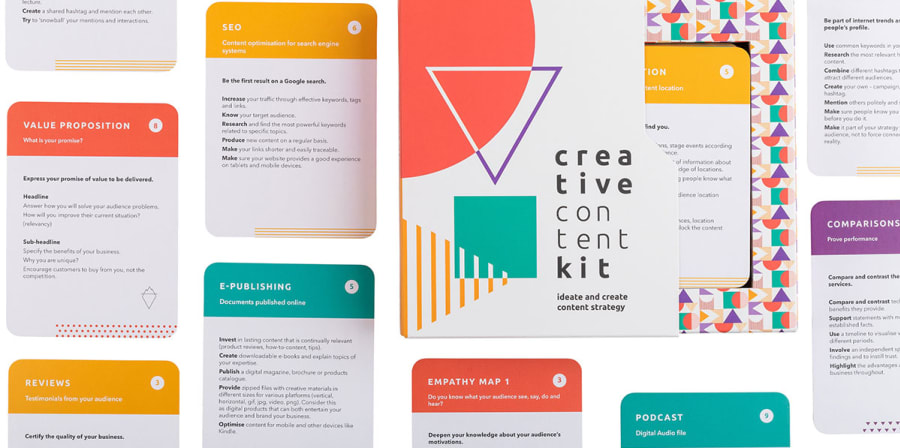
"Reconnected me from a creative side I was feeling very distant from"
What were the highlights of your time as an MA Publishing student?
One of my main highlights is around the opportunities I had to explore the process of making objects. I have a great passion for crafting things, and we had the chance to do so both digitally and physically on my course. Exploring the making of things and the making of content reconnected me with a creative side I was feeling very distant from, career-wise.
A second highlight is about the people I could count on during my journey. It was comforting to know that I had started to build a network in the UK and Europe, and part of it was thanks to the relationships I developed during my time at LCC.
What are your top tips for other students who may be interested in thinking about content strategy, or publishing their own work?
1. Forget about social media and think of your audience first. Your number of followers is only one way of measuring results. You might not need to become an influencer to influence people and be successful - there are other ways of doing it.
2. There must be a balance between what you want and what’s demanded by the market. Sometimes, you see things differently and you have to adapt your ideas to help people will understand it. Don’t suffer from that - be happy that you’re capable of that shift to make your projects come true.
There’s nothing more rewarding than seeing something that originated from your idea being transformed and appropriated as it changes other people's lives. Putting people first is the best strategy.
Related links:
- Find out more about Ana's Creative Content Kit.
- Explore LCC's Media School.
- Visit the MA Publishing course page.


